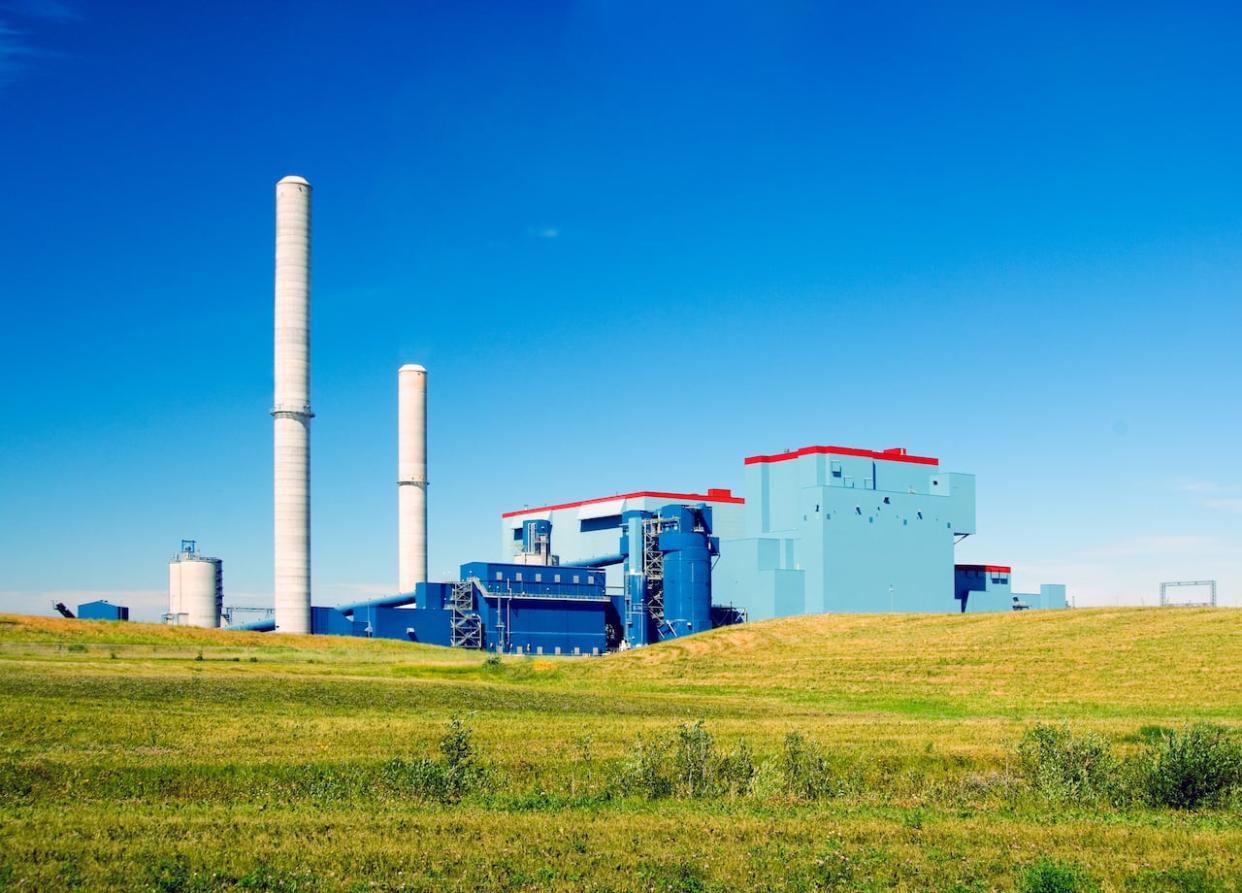Alberta's last coal plant has powered down, marking the end of an era

Alberta's coal era has come to an end.
Capital Power's Genesee 2 facility — the last dedicated coal plant in the province — went offline at 10:57 p.m. Sunday.
And, according to the latest forecast from the Alberta Electric System Operator (AESO), it's not expected to come back online.
"Given this was around the time they previously stated it would be fully converted to gas, I suspect that's it. The end of coal power in Alberta," Blake Shaffer, an economist with the University of Calgary who specializes in electricity markets, told CBC News on Monday.
Capital Power confirmed Tuesday its plans to convert the facility from coal to natural gas are now complete.
It's a notable milestone, as Alberta used to rely on coal for the majority of its power.
Back in 2001, coal accounted for as much as 80 per cent of the electricity on the province's grid, according to Scott MacDougall, director of the electricity program at the Pembina Institute, a green-energy think tank.
From 'very challenging' to 'here we are'
In 2015, under then NDP premier Rachel Notley, the Alberta government announced plans to completely phase out coal power by 2030, as part of its broader climate policies.
Critics questioned whether it could be done.
"The industry was up in arms that it wasn't possible," Shaffer previously told CBC News.
"Even parts of the government were in disbelief. I think there was a general view that phasing out by 2030 would actually be very challenging, and yet here we are."

Blake Shaffer is an assistant professor in the economics department and School of Public Policy at the University of Calgary. (University of Calgary)
The phaseout ended up proceeding well ahead of schedule, in large part due to natural gas taking over much of the generation.
Electricity generated from natural gas puts out roughly half the amount of greenhouse gas emissions as compared with coal.
"In addition, overall water usage for the repowered units will be reduced with the new technology by at least half," Capital Power notes on its website.
Genesee units now '100% natural gas'
In a news release Tuesday morning, Capital Power said it was "immensely proud" to confirm all units at its Genesse facility were now "100 per cent natural gas-fueled."
The company estimates the change will reduce its greenhouse gas emissions by 3.4 million tonnes per year.
Alberta's greenhouse gas emissions from electricity generation have been falling precipitously since the coal phaseout began, coupled with rapid growth in wind and solar power.
The province's electricity sector accounted for about 41 million tonnes of emissions in 2015. That was down to roughly 19 million tonnes in 2022, the latest year for which there is a complete inventory.
"This achievement marks a significant moment in history for this legacy, baseload facility that has delivered reliable and affordable power to Alberta for more than 30 years," senior vice-president Jason Comandante said in the release.
"Our investment in this facility will result in the most efficient natural gas combined cycle plant in Canada — a feat that significantly reduces emissions while delivering more megawatts of reliable, affordable and clean capacity for our province."
Capital Power expects the facility's maximum generating capacity will be boosted by 512 megawatts once additional efficiency upgrades are completed later this year.
MacDougall, with the Pembina Institute, says Alberta's experience with phasing out coal offers "a good reminder of the importance of good policy design with target dates."
"Establishing a coal phaseout timeline provided certainty for industry and stakeholders and allowed for efficient investment decisions aligned with phasing out coal," he said.
"It also offers a case study for the remaining coal jurisdictions around the world."


